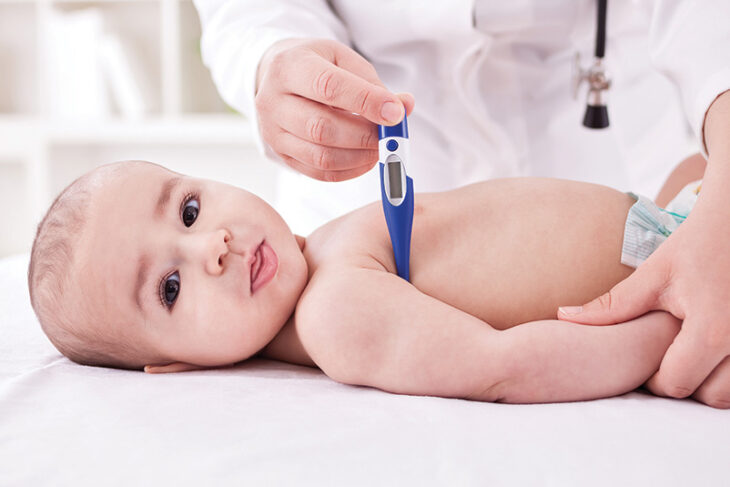One of the scariest moments as a parent or caregiver is seeing a child struggle to breathe and not knowing how to help. Several respiratory illnesses can impact kids throughout the year, although the most common times for well-known viruses are in the fall and winter.
Memorial Health System Pediatrician Dr. David Reeves sheds light on some common respiratory issues and what parents need to know to identify and address them.
“Whenever your child has breathing difficulties, it is important to seek medical attention promptly,” he says.
By being aware of the signs and symptoms of severe respiratory illnesses, parents can take proactive steps to safeguard their children’s health.
Here are some common respiratory conditions and how to identify them:
Pneumonia:
- Working hard to breathe
- Grunting or wheezing while breathing
- Fever
- Chills
- Chest pain
- Wet sounds in the lungs
This illness is typically diagnosed through blood work and chest X-rays.
Respiratory Syncytial Virus (RSV):
- Rapid breathing
- Audible wheezing
- Retractions (sucking in under the rib cage or between the ribs)
- Runny nose
- Fever
- Cough
- Trouble eating, drinking or swallowing
This illness mimics asthma and is particularly noticeable during fall and winter.
Laryngotracheal Bronchitis (Croup):
- Difficulty breathing that’s more pronounced during late night and early morning
- Loud, barking cough made worse by crying and distress
- Hoarse voice
- Fever
RISK FACTORS
What causes these severe respiratory illnesses? According to Dr. Reeves, it’s usually exposure to other children — either at school or in daycare settings.
“Certainly, if there is a history of asthma in the family, especially in one of the parents, children may be more prone to develop some respiratory issues,” he says. “Both Croup and RSV are caused by viruses, so those are infectious processes that you must be exposed to.”
WHEN TO SEEK MEDICAL ATTENTION
Dr. Reeves encourages guardians to seek immediate medical attention when children are in respiratory distress, having trouble breathing, getting a tinge of blue around the lips or not wanting to take their bottle.
“When babies are taking a bottle or feeding at the breast, they are nose breathers,” he says, “and both RSV and pneumonia can interfere with that.”
NEW DEVELOPMENTS TO PREVENT RSV
When it comes to early detection and prevention, one of the latest developments Dr. Reeves and others are most happy about is the RSV vaccine, which has been approved for use by the Centers for Disease Control and Prevention for children who are 8 months of age and younger. Also, this vaccine is recommended for children who are over 8 months who were born prematurely, those who have had RSV in the past and those with a history of asthma.
Dr. David Reeves specializes in pediatrics at Memorial Physician Clinics – The Children’s Clinic Pediatrics. To learn more, visit wearememorial.com.



